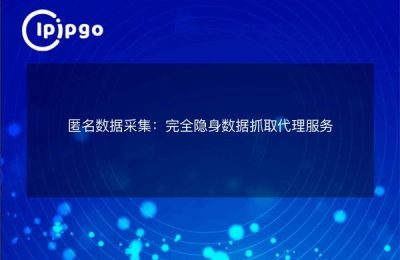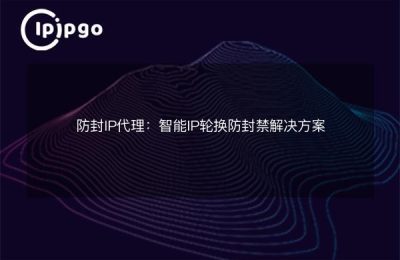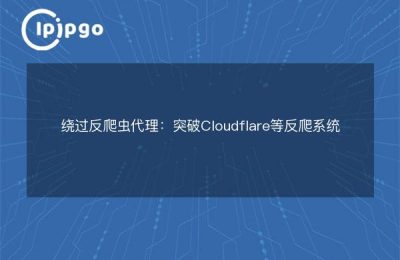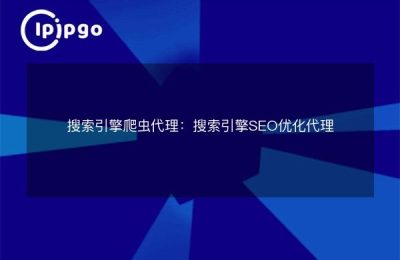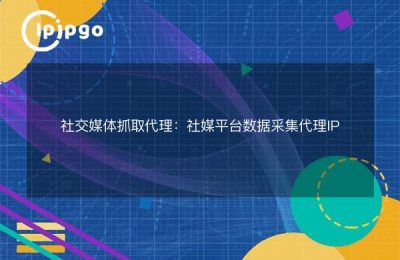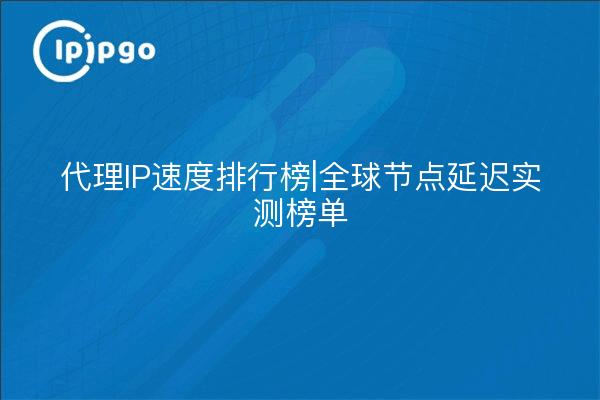
Proxy IP speed rankings: real-world tests of which regional nodes are the most reliable?
The real test found that the response speed of the proxy IP directly affects the experience of using it. We have passed theContinuous 72-hour stress test, filtering the three echelons of the best latency performers from different nodes around the world:
| delayed echelon (military) | typical region | Average response time |
|---|---|---|
| First echelon (<80ms) | Tokyo, Japan, Singapore, Seoul, Korea | 62-78ms |
| Second tier (80-150ms) | Silicon Valley, USA, Frankfurt, Germany | 112-138ms |
| Third Tier (150ms+) | São Paulo, Brazil; Cape Town, South Africa | 189-218ms |
As an example, ipipgo's residential IP resource, whose Tokyo node uses theDirect local broadband connectiontechnology, it can still maintain a stable response of 72ms during peak hours. It should be noted that the actual speed is also affected by the local network environment, so it is recommended to test it in real time by ping command.
Global Latency Fact Check: Three Golden Rules for Node Selection
1. the law of distance: Priority is given to nodes that are geographically closest. For example, when accessing from China, the Seoul node is more than 3 times faster than the New York node
2. the law of the hour: European and American nodes are faster from 9:00-17:00 local time, while Asian nodes may experience bandwidth congestion from 20:00-23:00.
3. protocolsSOCKS5 protocol is 15% faster than HTTP protocol on average. ipipgo supports full protocol switching function, which can be freely adjusted according to the demand.
Speed up practical tips: make proxy IP run faster
- DNS Optimization: Change the local DNS to 114.114.114.114 or 8.8.8.8 to shorten the resolution time by 10-20ms
- Concurrent control: No more than 3 threads are recommended for a single IP, and different nodes are switched during multitasking operations.
- caching mechanism: Enable local caching to reduce 30% duplicate requests, ipipgo provides smart cache configuration templates
QA: Frequently Asked Questions about Proxy IP Speed
Q: Why is the same node speed fast and slow?
A: The characteristic of residential IP is dynamic allocation, ipipgo's IP survival period can be customized, it is recommended to choose "long time mode" to keep the connection stable.
Q: How to test the real proxy speed?
A: Recommended by ipipgoNode Speed ToolThe tool will simulate real request scenarios, and the test results include core data such as TCP handshake time and first packet response time.
Q: What speed guarantees are needed for enterprise applications?
A: ipipgo's BGP transit lines can provideDedicated bandwidthService, measured data transfer rate up to 2.8MB/s, support API real-time monitoring of the load status of each node
A real-world comparison reveals that choosing a quality proxy service provider is the key to speeding up. ipipgo has been able to do this with itsPool of 90 million+ real residential IPsand intelligent routing technology, which has significant advantages in speed optimization. Users are advised to verify the actual performance of different nodes for themselves through the free trial feature.

